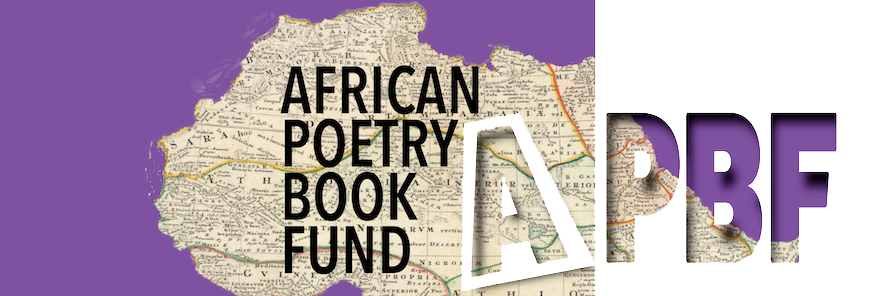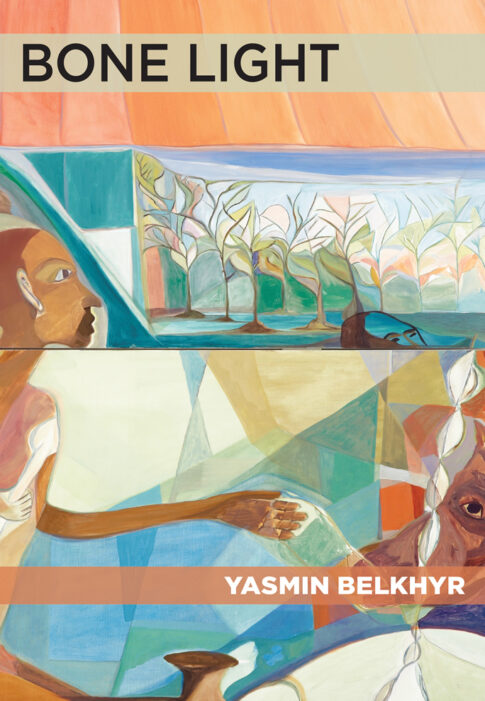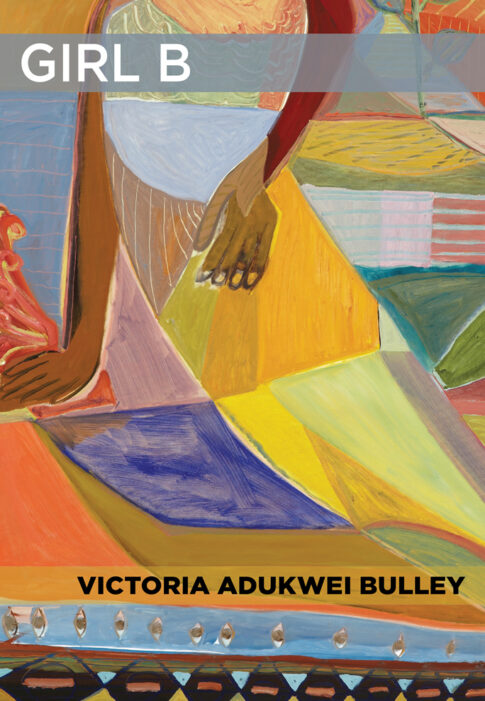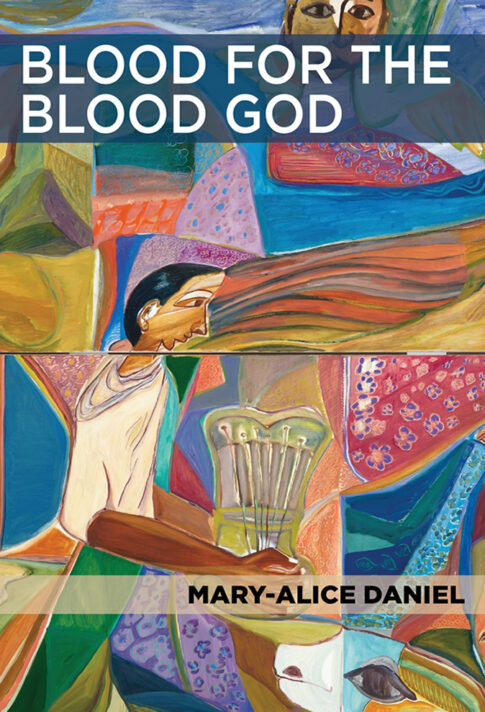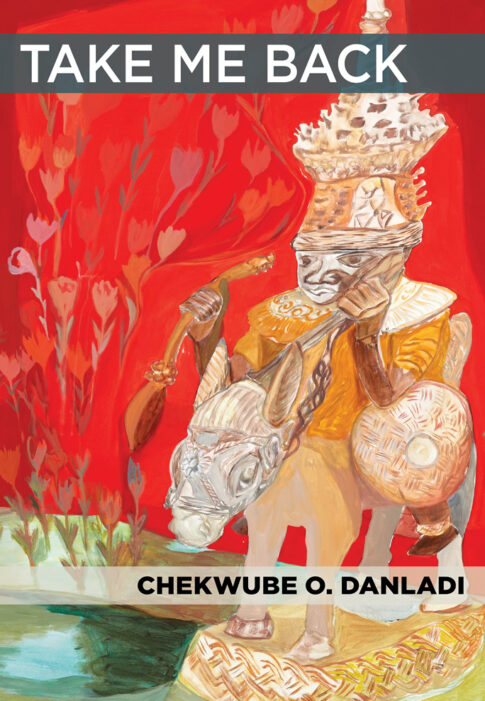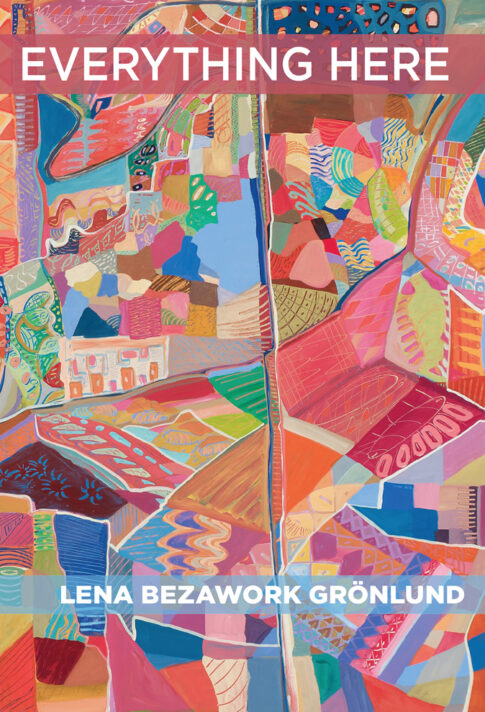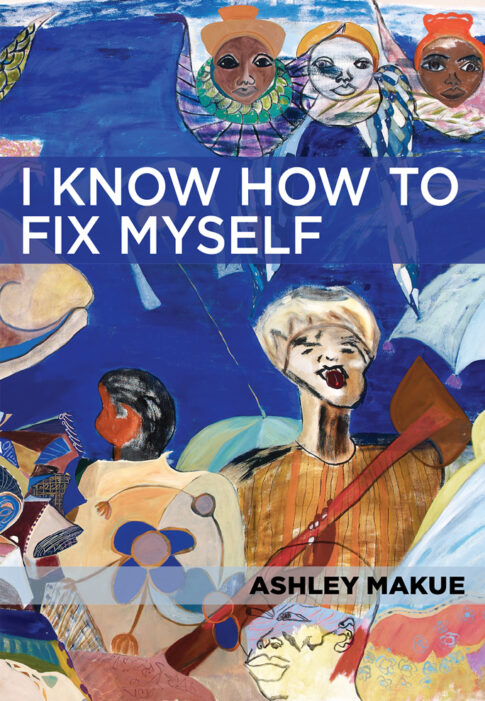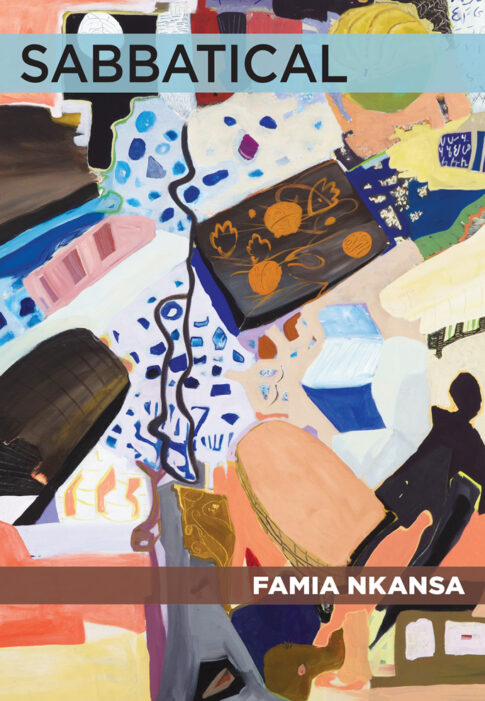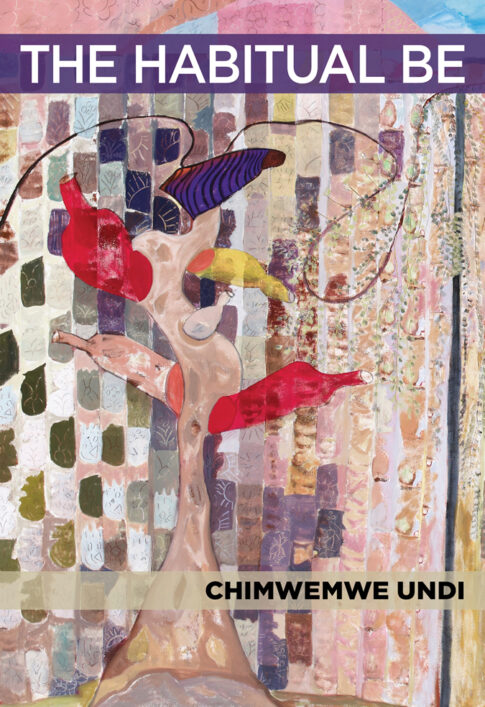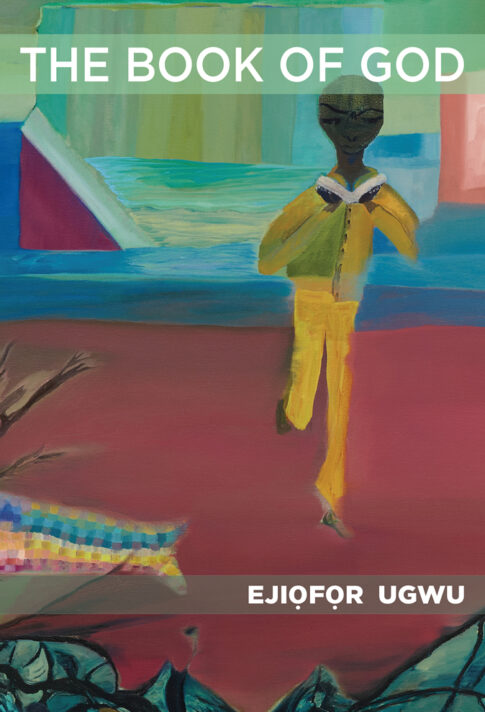New-Generation African Poets: A Chapbook Box Set (Nne)
Edited by Kwame Dawes & Chris AbaniAkashic Books | Hardcover | ISBN: 9781617755408
Cover art by Ficre Ghebreyesus
The limited-edition box set is an annual project started in 2014 to ensure the publication of up to a dozen chapbooks by African poets through Akashic Books. The series seeks to identify the best poetry written by African poets working today, and it is especially interested in featuring poets who have not yet published their first full-length book of poetry. This box set features art by Ficre Ghebreyesus and contains the following chapbooks: Bone Light by Yasmin Belkhyr, Girl B by Victoria Adukwei Bulley, Blood for the Blood God by Mary-Alice Daniel, Take Me Back by Chekwube O. Danladi, Everything Here by Lena Bezawork Gronlund, I Know How to Fix Myself by Ashley Makue, Sugah. Lump. Prayer by Momtaza Mehri, Sabbatical by Famia Nkansa, The Book of God by Ejiofor Ugwu, and The Habitial Be by Chimwemwe Undi.
There is a startling intelligence running through each of these collections, but beyond it all, I have left this process of working closely with manuscript after manuscript with a sense that the singular thing that connects these books is the way in which these poets root the emotional and intellectual explorations in the body—the body as an alien and dangerous entity that is negotiating its presence in a world that is sometimes hostile, sometimes welcoming, but always forcing the poet to resist erasure and invisibility.
Kwame Dawes, from the introduction
The poem is a body and the body a poem. This is not something I can prove, nor even something that is necessarily true, but it does have the ring of truth about it. This is a more intuitive relationship but one I think we are all fairly conversant with and one with which most poetry lovers will agree. The one true topography of self we can chart, navigate, and map is the body. The visible self leads to the more ethereal and ineffable parts of self, the parts that poetry tries to give symbolic meaning to, to invoke that presence. And if we look closer, we see that it’s not just that language gives the body presence, shape, resistance, love, affirmation, and intervention. And it is not just that the bodies of particular poets give their language a certain shape and definition, but rather that in the end, our particular idiosyncratic languages are our bodies. We exist only in the space of that language, and we use it to move a craft forward, to draw and redraw the limits of the self, both internal and external. We can argue that this is poetry’s true power, to shape reality—and that is truly what power is: the choice and ability to redraw and recast our personal narratives.
Chris Abani, from the introduction
An amazing assemblage in this set of ten chapbooks. The entirety of it—the books and the language, the art and the binding—is a thing of beauty, and reading it is an experience not to be missed.
New York Review of Books